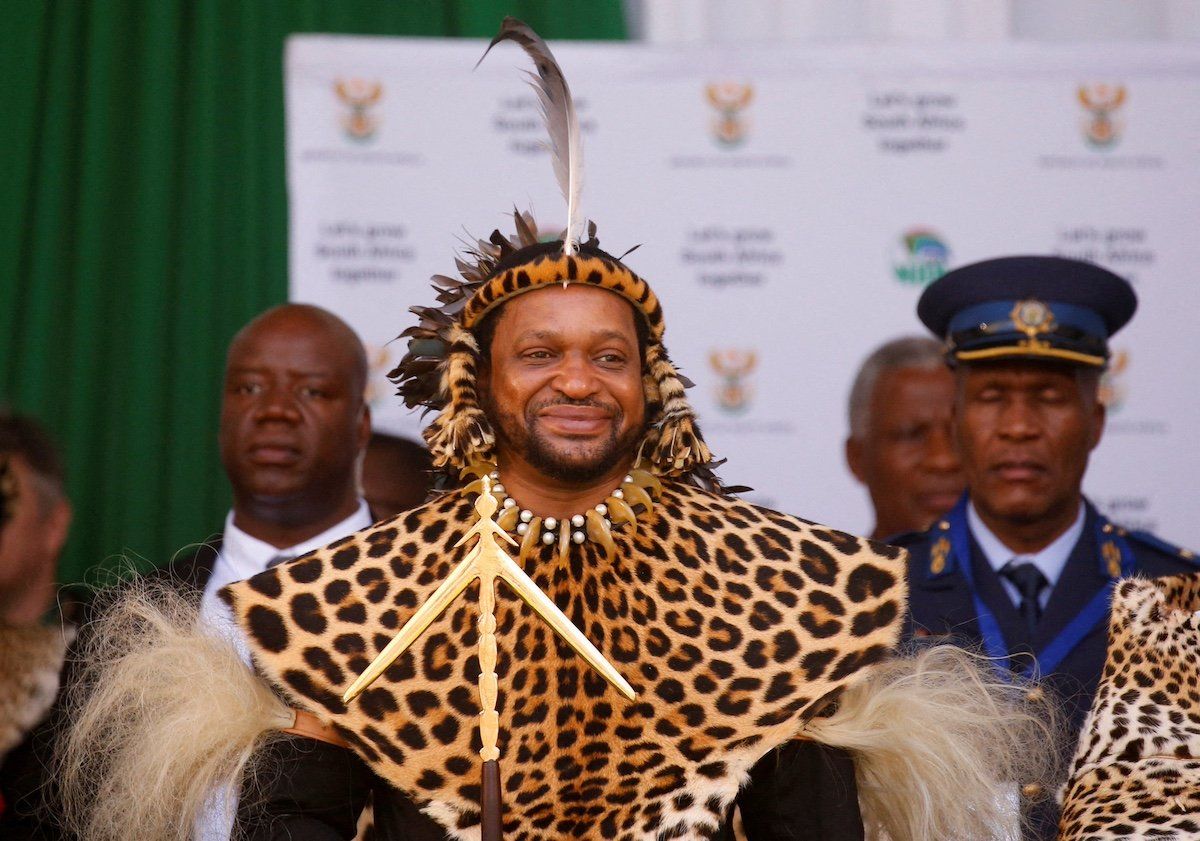Hard Numbers: A royal quagmire in South Africa, deadly suicide bombing in Pakistan, US inflation keeps slowly deflating, and Americans embrace freelance work
15 million: A royal headache is unfolding in South Africa this week after a court decision overturned the president’s official recognition of the new Zulu king, due to objections by royal family members. This has significant implications in South Africa, given the Zulu nation of roughly 15 million is the country’s largest single ethnolinguistic group.
23: A suicide bombing at a police station in northwestern Pakistan on Tuesday killed at least 23 officers and wounded dozens more. Tehreek-e-Jihad Pakistan, a recently formed militant group that’s said to be an offshoot of Tehreek-e-Taliban Pakistan (the Taliban in Pakistan), claimed responsibility for the attack.
3.1%: US consumer prices were up 3.1% on-the-year in November, per the latest figures from the Bureau of Labor Statistics, rising just 0.1% from October. The bad news is inflation still hasn’t hit the Fed’s target of 2%. The good news is that the CPI is far lower than when it climbed to 9.1% in June 2022 and dropped from a 3.2% year-over-year increase in October. This means the Fed is unlikely to raise interest rates again when it meets on Wednesday.
64 million: Goodbye 9-to-5, hello freelancing! Roughly 64 million Americans – or over one-third of the US workforce – performed freelance work in the past year, according to a recent survey from Upwork Inc. This marked an increase of four million from the year prior, and indicates that a growing number of American workers find the flexible nature of freelance work more appealing than traditional jobs.
